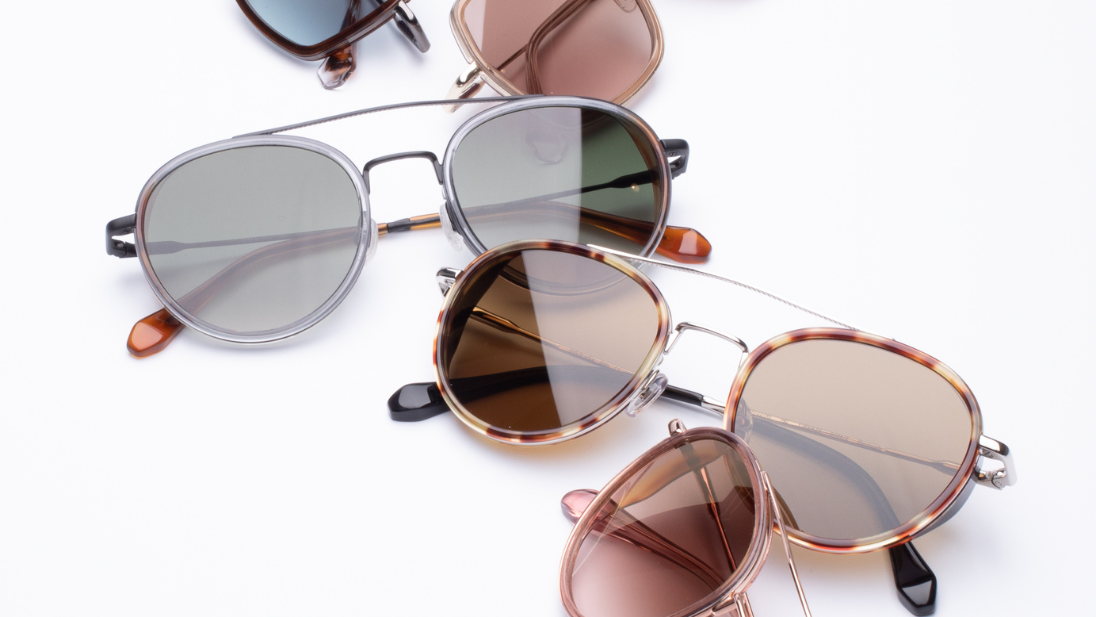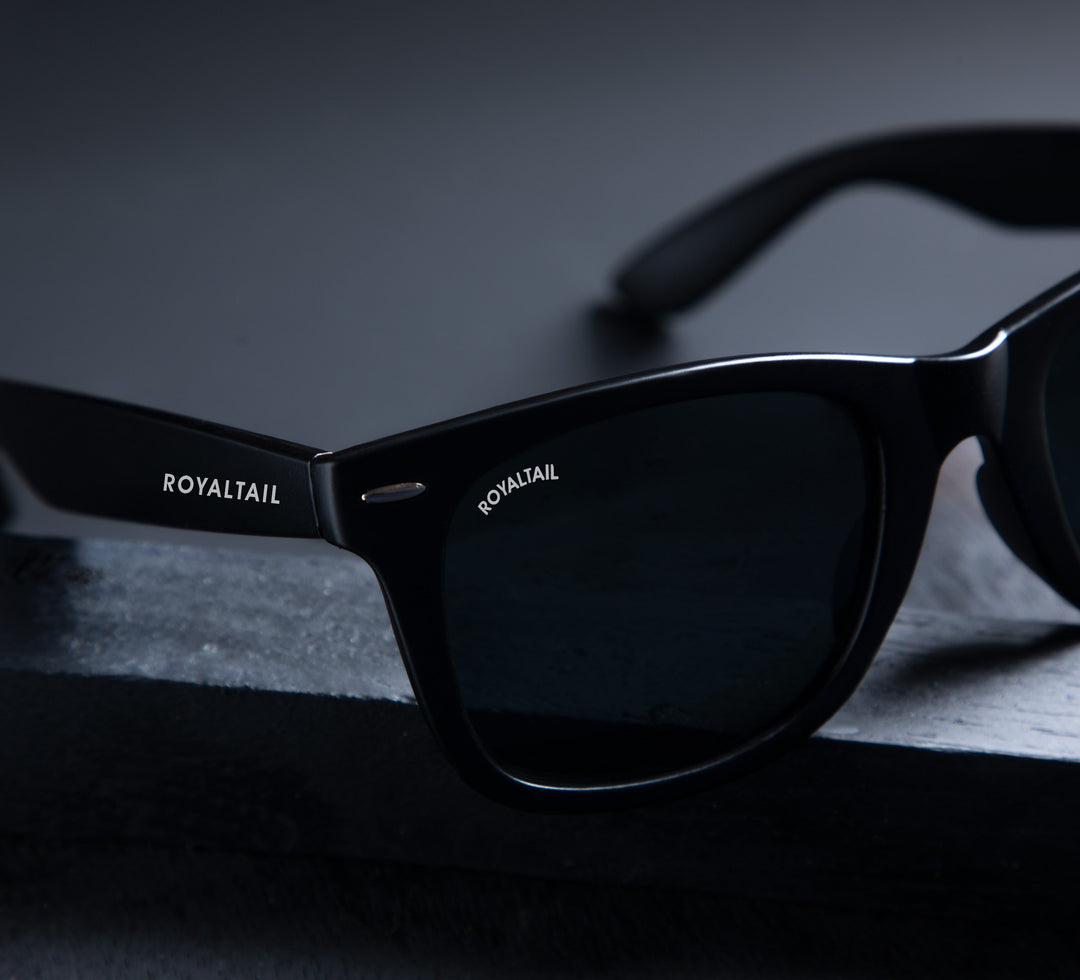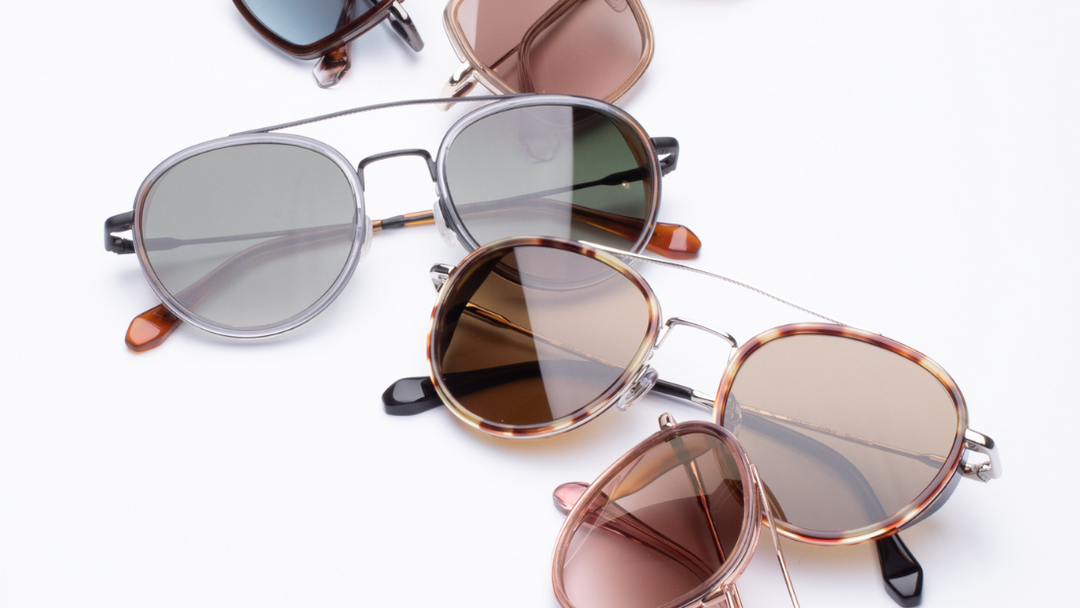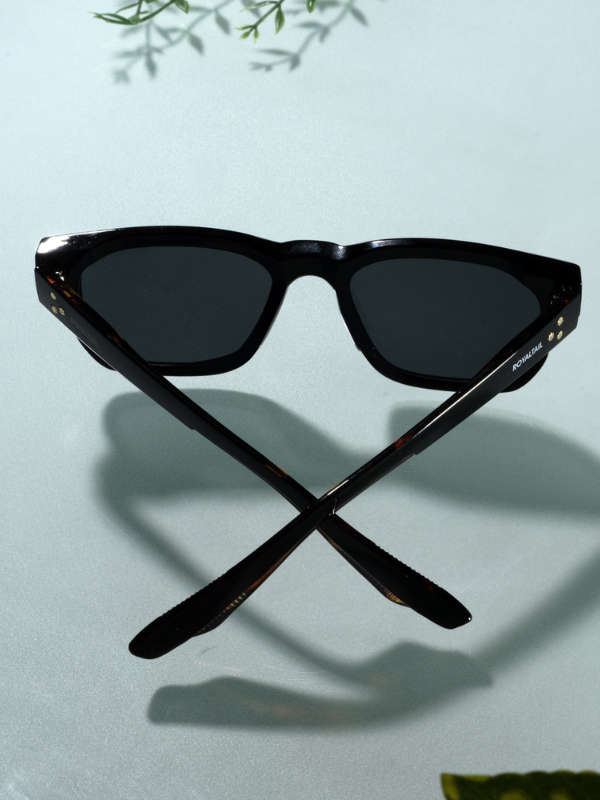
Unveiling the Best Lens Materials for Sunglasses: A Comprehensive Guide
Introduction: When it comes to selecting the perfect pair of sunglasses, the choice of lens material is just as crucial as the frame style. From enhancing visual clarity to providing protection against harmful UV rays, the right lens material can significantly impact your overall wearing experience. In this comprehensive guide, we'll explore the various materials used to make sunglasses lenses and uncover which ones reign supreme in terms of durability, optical performance, and UV protection.
Optical Clarity and Acuity: The Role of Glass Lenses
Glass lenses have long been revered for their unparalleled optical clarity and acuity, making them a top choice for discerning sunglasses enthusiasts. Crafted from high-quality materials, glass lenses offer distortion-free vision and exceptional color accuracy, allowing wearers to see the world with unparalleled clarity. Additionally, glass lenses are highly scratch-resistant, ensuring long-lasting durability and preserving the integrity of your sunglasses over time. While glass lenses may be heavier than their counterparts, their superior optical performance makes them a preferred choice for those who prioritize visual clarity above all else.
Lightweight Comfort and Impact Resistance: The Appeal of Polycarbonate Lenses
For those seeking lightweight comfort and superior impact resistance, polycarbonate lenses are an excellent choice. Made from a durable thermoplastic material, polycarbonate lenses are significantly lighter than glass lenses, making them ideal for active individuals and outdoor enthusiasts. Despite their lightweight construction, polycarbonate lenses offer excellent impact resistance, providing protection against accidental drops and impacts. Additionally, polycarbonate lenses are inherently UV resistant, offering reliable protection against harmful sun rays without the need for additional coatings. With their combination of lightweight comfort and durability, polycarbonate lenses are a popular choice for sunglasses designed for sports and outdoor activities.
Versatility and Customization: The Benefits of CR-39 Lenses
CR-39 lenses, also known as plastic lenses, offer versatility and customization options that appeal to a wide range of consumers. Made from a lightweight and impact-resistant plastic material, CR-39 lenses can be easily tinted, shaped, and customized to suit individual preferences. Whether you prefer polarized, mirrored, or gradient lenses, CR-39 lenses can accommodate various coatings and treatments to enhance visual comfort and style. Additionally, CR-39 lenses are more affordable than glass or polycarbonate lenses, making them a budget-friendly option for those seeking quality sunglasses without breaking the bank.
High-Definition Vision and Scratch Resistance: The Advantages of Trivex Lenses
Trivex lenses offer a perfect balance of optical clarity, impact resistance, and lightweight comfort, making them an increasingly popular choice for sunglasses. Developed as a high-performance alternative to polycarbonate lenses, Trivex lenses provide exceptional visual acuity and color contrast, allowing wearers to experience high-definition vision in any lighting condition. Additionally, Trivex lenses boast superior scratch resistance, ensuring clear and pristine vision even after prolonged use. With their combination of optical performance and durability, Trivex lenses are well-suited for a wide range of outdoor activities, from casual everyday wear to sports and recreational pursuits.
Polarization and Glare Reduction: Enhancing Visual Comfort with Polarized Lenses
Polarized lenses offer advanced glare reduction and enhanced visual comfort, making them a popular choice for sunglasses worn in bright sunlight and reflective environments. By incorporating a special filter that blocks horizontally polarized light, polarized lenses effectively reduce glare from surfaces such as water, snow, and pavement, providing clearer and more comfortable vision. Additionally, polarized lenses help improve color contrast and depth perception, making them particularly beneficial for activities such as driving, fishing, and skiing. While polarized lenses may come with a slightly higher price tag, their ability to reduce glare and enhance visual clarity makes them a worthwhile investment for those seeking maximum eye protection and comfort.
Conclusion: Choosing the best lens material for your sunglasses involves considering factors such as optical clarity, durability, lightweight comfort, and specialized features like polarization and impact resistance. Whether you opt for glass lenses for superior optical performance, polycarbonate lenses for lightweight comfort, CR-39 lenses for versatility, Trivex lenses for high-definition vision, or polarized lenses for glare reduction, each lens material offers its own unique advantages and benefits. By understanding the characteristics and features of different lens materials, you can make an informed decision and select sunglasses that best suit your needs, preferences, and lifestyle.







